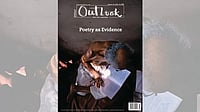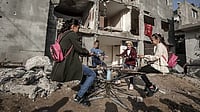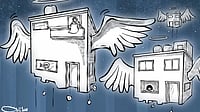Bite into that burger, chug that cola, drizzle that honey at your own risk. The Centre for Science and Environment has for years played food sleuth, revealing unpalatable truths about what we consume. There's more to those bottles and jars filling our larders and refrigerators than what their labels say.
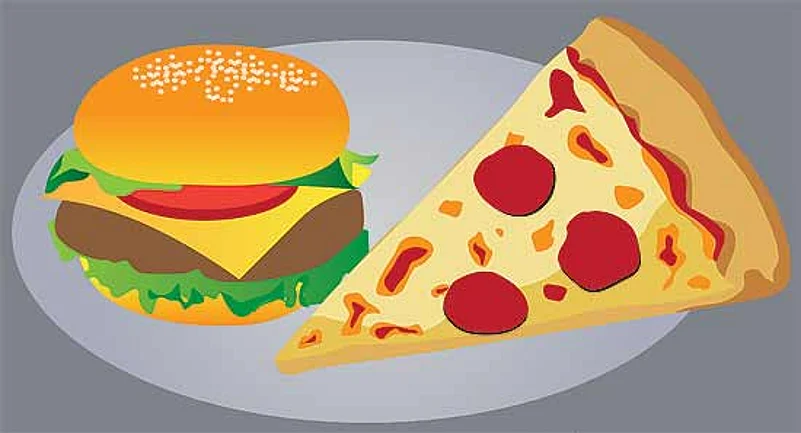
The Year: 2012
What they tested Junk Food 16 brands of potato chips, Indian snacks, instant noodles, burgers, pizzas, French fries and carbonated drinks
What they found
- Trans-fats Linked to chronic heart disease. Trans-fat content was highest in French fries (8.1% of total fat) followed by instant noodles (4.6% of total fat) and potato chips (4.5% of total fat).
- Salt Increases blood pressure, hypertension. Salt content was highest in instant noodles (3.7g per 100g of sample).
- High sugar Increases obesity risk.
.jpg?w=801&auto=format%2Ccompress&fit=max&format=webp&dpr=1.0)
The Year: 2011
What they tested Energy Drinks 8 brands
What they found
- Caffeine A psychostimulant; too much of it affects central nervous system, can lead to seizures, strokes. 44% samples breached govt standard of 145 parts per million of caffeine.
Impact
- The Food Safety department is working on regulations.
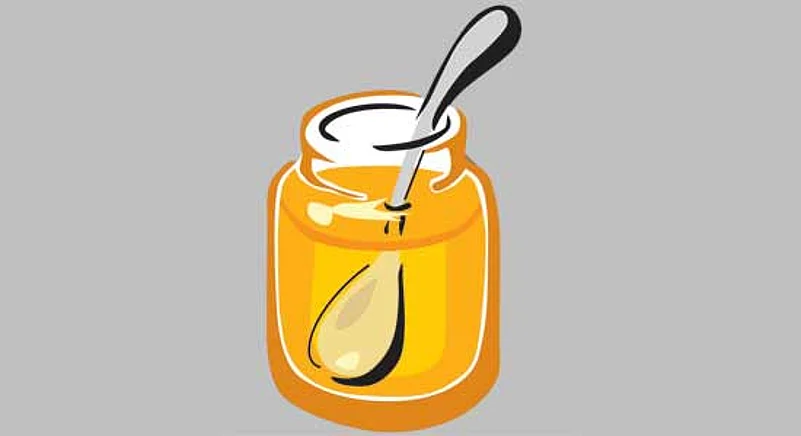
The Year: 2010
What they tested Honey 12 brands
What they found A mix of antibiotics
- Oxytetracycline Induces blood changes, damage of liver, teeth and bones, delayed blood coagulation, increased sun allergy, asthma.
- Chloramphenicol Potentially carcinogenic; causes organ damage, bone marrow toxicity.
- Ampicillin Can cause allergic reactions, asthmatic attacks, peeling off of skin, anaemia, lowering of platelet count, white blood cell disorders.
- Enrofloxacin Can cause increased sun allergy.
- Erythromycin Can affect reproductive system.
Impact
- The Food Safety department issued an advisory that no antibiotics and pesticide residues should be allowed.
.jpg?w=801&auto=format%2Ccompress&fit=max&format=webp&dpr=1.0)
The Year: 2006, 2003
What they tested Soft Drinks 11 brands (in 2006) and 12 brands (in 2003)
What they found
- HCH (Lindane) A carcinogen; damages liver, kidneys and neural and immune systems, induces birth defects, cancer.
- DDT Produces change in function and shape of organs, linked to decrease in sperm count and risk of breast cancer.
- Heptachlor Can affect central nervous system, causing tremors and convulsions; can interfere with reproduction.
- Chlorpyrifos Can alter the immune response of the body.
- Malathion Can cause muscular degenerative condition, causes birth defects in a variety of wildlife.
Impact
- A JPC in 2003 said it is “prudent to seek complete freedom from pesticide residues". Tests in 2006 had residues again. A new methodology of testing is being worked on by Bureau of Indian Standards & CSE.
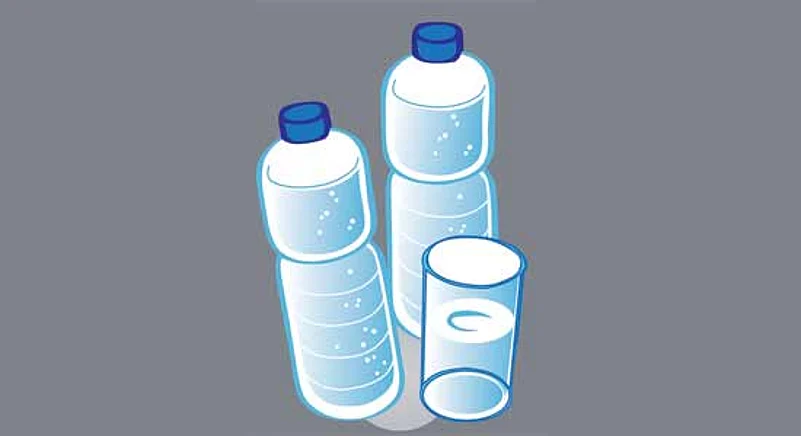
The Year: 2003
What they tested Bottled Water 17 brands
What they found
- HCH (Lindane) A carcinogen; damages liver, kidneys and neural and immune systems, induces birth defects, cancer and death.
- DDT Produces change in function and shape of organs, linked to decrease in sperm count and increased risk of breast cancer.
- Endosulphan Neurotoxic to mammals.
- Malathion Can cause muscular degenerative condition, causes birth defects in a variety of wildlife.
- Chlorpyrifos Can alter immune response of the body.
- Phosphamidon, dimethoate Can be toxic to mammals.
Impact
- The government notified new standards: no pesticide should be present in concentration more than 0.0001mg/litre; total pesticide residues should not exceed 0.0005mg/litre.
Compiled from lab reports of Centre for Science and Environment


















